Self growth is less about dramatic breakthroughs and more about quiet repetitions that reshape who you are. Habits are the scaffolding for that change. They turn values into visible actions and make progress almost automatic. The challenge is not knowing what to do but designing a rhythm you can live with on busy, imperfect days. This guide offers a practical blueprint for building self growth habits that last and that touch the parts of life that matter most: clarity, energy, focus, relationships, and courage.
Start With Direction, Not Perfection
Before picking habits, choose a direction. Ask three questions. Who am I becoming. What matters most over the next year. What skills and qualities support that direction. Write your answers in one short paragraph you can read each morning. This is your north star. Without it, habits drift or become chores. With it, small actions line up and feel meaningful even when results arrive slowly.
Shrink The First Step Until It Is Inevitable
Motivation is unreliable. Design habits so small that they can be done on a rough day. A ten minute walk, five mindful breaths before opening your laptop, reading two pages of a useful book, writing three lines in a journal. Small does not mean weak. It means repeatable. Repetition is what rewires the brain and builds identity. When a small habit is easy, extend it one notch. If you miss a day, return the next day without drama. Consistency beats intensity.
Anchor New Habits To Existing Routines
The easiest way to create a habit is to attach it to something you already do. This uses the brain’s love of cues. Choose a stable routine such as making coffee, brushing your teeth, commuting, or shutting down your computer. Place one new action right after it. For example, after I start the kettle I review my three priorities. After I brush my teeth I stretch my hips for one minute. After I park my car I take five slow breaths and decide how I want to show up. These anchors turn self growth into a map that matches your day.
Track Inputs, Not Just Outcomes
Outcomes are slow and influenced by many variables. Inputs are actions you control. Track the habit itself for a few weeks rather than the result. Did you write for ten minutes. Did you practice your language lesson. Did you go to bed on time. A simple calendar with checkmarks is enough. Every streak teaches your brain that you are the kind of person who shows up. As identity strengthens, effort drops.
Morning And Evening Bookends
Your day tends to reflect how it starts and how it ends. Create simple bookends that protect attention and sleep.
In the morning, avoid diving into reactive tasks. Spend ten to fifteen minutes on a routine that includes breath or movement, your north star paragraph, and a quick plan for the day. If you like, add a short gratitude line to bias your attention toward resources rather than obstacles. A clear morning prevents the day from hijacking your mind.
In the evening, reduce stimulation and signal safety to your body. Dim screens, do a small tidy to close the day, write down tomorrow’s first step so you do not ruminate, and give yourself a wind down ritual. A restful night is the fuel source for every other habit.
Keystone Habits That Lift Everything Else
Some behaviors start a chain reaction. Choose a few keystone habits that support many goals at once.
Sleep at a consistent time. Good sleep improves mood, focus, appetite regulation, and patience. It quietly makes you more coachable and less reactive.
Move your body most days. This does not require a gym. Walks, short strength sessions at home, or a bike ride rewire stress chemistry, sharpen thinking, and build a sense of agency.
Eat for steady energy. Favor meals with vegetables or fruit, quality protein, intact grains or beans, and enough water. Stable energy makes skill building feel possible.
Practice deliberate calm. A few minutes of slow breathing, prayer, or meditation trains your nervous system to recover faster from stress. Recovery is what allows learning to stick.
Protect deep work. Set a daily block where you focus on one meaningful task without switching. Even twenty minutes can build momentum that changes a week.
Build Emotional Fitness
Self growth is not only about goals. It is about capacity. Emotional fitness helps you hold discomfort without quitting and enjoy good moments without rushing past them.
Name what you feel with simple words. Sad, frustrated, worried, excited. Naming lowers intensity and makes it easier to choose a healthy next step.
Use compassionate self talk. Speak to yourself like you would to a close friend. This reduces shame, which is one of the biggest habit killers.
Learn to pause. A single slow exhale before responding can prevent arguments, overspending, and impulsive decisions. The pause is a small habit that protects many others.
Make Your Environment Do More Work
Willpower is fragile. Let your surroundings carry some of the weight. Place a water bottle on your desk. Keep healthy snacks visible and sweets further away. Lay out walking shoes the night before. Put a book on your pillow so you read a page instead of scrolling. Remove distractions from your phone’s home screen and set it to grayscale at night. When the environment supports your goals, you stop negotiating with yourself.
Relationships As A Growth Engine
We become like the people we spend time with. Choose and cultivate relationships that bring out your better qualities. This does not mean cutting off everyone who struggles. It means spending more hours with those who practice honesty, patience, curiosity, and effort. Share your north star paragraph with one trusted person and agree to check in weekly. Celebrate small wins together. Pair up for workouts, study sessions, or focused work sprints. Growth is faster and kinder with company.
Learn Out Loud
Capture what you are learning so it compounds. Keep a simple log with today’s habit, one insight, and one next step. Teach what you learn to someone else, even briefly. Teaching clarifies your thinking and reveals gaps. If you read, take notes in your own words and add one sentence on how you will apply the idea within twenty four hours. Knowledge turns into growth only when it changes behavior.
Design Friction For Temptations
You will never eliminate distractions completely. You can make them a little harder to reach. Put apps that waste your time behind folders and remove their notifications. Keep your phone in another room during deep work. Decide in advance how much time you will give to games or shows and set a timer. If late night snacking disrupts sleep, stop buying the items that call your name or store them out of sight. Each bit of friction preserves energy for the habits you care about.
Use Micro-Goals To Cross Stuck Points
Every growth path has friction points. Identify yours and create micro-goals that make the next step obvious. If starting workouts is the hard part, set a goal to put on shoes and step outside for two minutes. Most days you will continue. If writing feels heavy, set a five sentence minimum. If networking makes you nervous, send one short message per day to someone you genuinely appreciate. Micro-goals remove the cliff edge feeling that triggers avoidance.
Expect Setbacks And Script Your Recovery
Missed days and messy weeks are part of a long timeline. Create a recovery script now so you do not improvise when you feel discouraged. The script can be simple. Acknowledge what happened without blame. Do one small version of the habit today. Reconnect with your north star paragraph. Adjust the plan if the season changed. Ask for help if needed. The goal is not to never miss. The goal is to shorten the gap between lapses and returns.
Build Courage Through Reps
Courage grows like any skill. Take small risks regularly. Speak up in a meeting once per week. Share a draft before it feels perfect. Ask for feedback from someone you trust. Try a class that stretches your identity. Your nervous system learns that discomfort is not disaster. As your capacity expands, larger opportunities become possible because fear no longer decides for you.
Money, Work, and Craft
Self growth often includes financial and professional stability. Create a weekly money habit. Review transactions, pay yourself first if possible, and choose one improvement such as cancelling a subscription you do not use or bringing lunch twice a week. At work, set a ninety minute block for your highest value task and protect it like an appointment. For craft or career development, choose one practice set per day where you improve a specific skill rather than only doing the task. Focused practice is the path to mastery.
A Gentle Framework For The Week
A flexible week works better than a rigid schedule. Use this simple framework.
Choose one non negotiable habit for each weekday, matched to your energy. On Monday you might protect deep work. On Tuesday you focus on movement plus a call with a mentor. On Wednesday you review finances or tidy your digital life. On Thursday you practice a craft skill. On Friday you reflect on the week and set a tiny experiment for next week. Keep weekends lighter with family, rest, and creativity. This pattern gives structure without strain.
Reflection That Fuels Action
End each day with three lines. What moved me toward my values. What pulled me away. What is the next tiny step. Weekly, ask a few bigger questions. Where did I feel alive. Where did I procrastinate and why. What support would make next week easier. Reflection becomes a steering wheel rather than a guilt session when you keep it short and focused on the next action.
When To Ask For Help
Sometimes willpower and planning are not enough. If anxiety, depression, trauma, or addiction are present, professional support can make habits possible again. Therapy, medical care, and community resources are not detours from growth. They are part of a realistic path. Support can also be practical. A tutor, childcare swap, cleaning help once a month, or a coworking buddy can unlock the bandwidth your habits need.
Bringing It All Together
Self growth habits work when they are anchored to your values, sized for real life, and supported by your environment and relationships. Begin small and steady. Let mornings set your intention and evenings restore your energy. Choose a few keystone behaviors that lift everything else. Track inputs and learn out loud. Expect disruption and practice returning with kindness. Take brave micro steps and surround yourself with people who cheer for your effort.
You do not need to overhaul your life this week. You need one small habit that aligns with who you are becoming and a plan to repeat it tomorrow. Put your shoes by the door, set a two minute timer, write your north star paragraph, and begin. In a few months the person you are will be the proof that these quiet repetitions mattered.








Leave a Reply